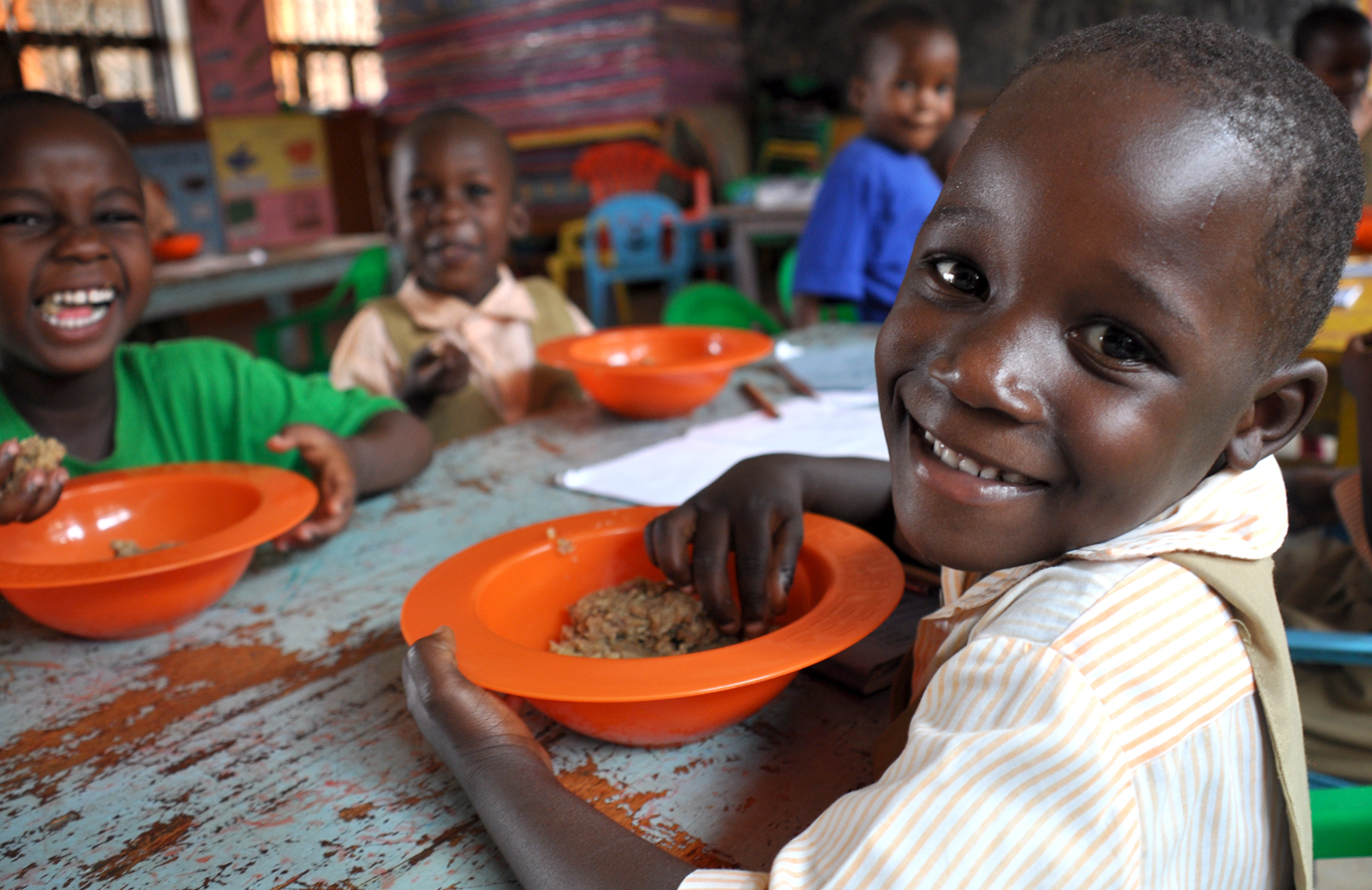When the federal government re-initiated the school-feeding programme in public primary schools, stakeholders hailed it as a strategic response to the surging population of out-of-school children in the country. The National Home Grown School Feeding Programme, as the scheme was termed, focused on not only boosting the enrollment rate of primary-school pupils but also stimulating local agricultural production by providing a ready market for smallholder farmers.
Since the scheme kicked off, government statistics reckon that the scheme has led to a 20% uptick in primary-school enrollment. At least 9 million kids across 46,000 schools in 31 states of the federation benefited from the scheme as of 2020. In the wake of alleged malfeasance against government officials involved in the programme, however, the school-feeding scheme was suspended in January 2024, despite a N100 billion allocation in the national budget.
While it is hoped that the programme will resume in earnest, it isn’t quite certain how the feeding will fare in the face of the country’s rampant inflation. In recent years, inflation has eaten deep into the price of food, much more than the national statistics capture. Inflation in April 2024 spiked to a 3-decade high of 33.69 per cent in April 2024, according to the National Bureau of Statistics, but food prices offer a grimmer perspective.
Consider, for example, a carton of Indomie noodles. A carton is now priced at N13000, up from N6000 in 2023. Similarly, an egg that cost N50 last year is sold for N150 now. Similar hikes can be seen in the price of staples such as rice, garri, yam, fish and even scotch bonnet pepper. Indeed, the rampant hike in food inflation is due to an array of factors, one of which includes the increasing cost of transportation. An increase in the cost of transportation inevitably results in a hike in the price of food and other items.
A market survey by the government will show that the N100 billion earmarked for the National Home Grown School Feeding Programme falls short. If the government spent N100 to feed a child last year, its expense will certainly quadruple. As such, the Tinubu administration will require much more funds to feed 10 million primary-school kids. Even worse is the prospect of kids dropping out as the government incentives dry up and inflation threatens their families. Recall that the school-feeding program was a scheme to boost students’ attendance in schools and hence shrink the population of Nigeria’s out-of-school children.
How, then, might the government tackle this debacle? One quick solution that springs to mind is to seek funding from international organizations or even collaboration with private companies. In April, the federal government disclosed a new alliance between the school-feeding scheme and the Partnership for Child Development in London. While this signals a boost for the programme, it’s not a holistic approach to the crisis.
Seeking more funding or partnerships will not rein in inflation, which threatens the sustainability of the National Home Grown School Feeding Programme. It limits the scope of the scheme instead, leaving many kids in far-flung areas to grapple with the pangs of hunger. The government can avert this crisis by dealing with the problem at its root. Nigeria’s sticky inflation is not an act of God.
The federal government reintroduced the National Home Grown School Feeding Programme in public primary schools to tackle the rising number of out-of-school children and support local agriculture. This initiative boosted primary-school enrollment by 20%, benefiting 9 million children across 46,000 schools in 31 states by 2020. However, the scheme was suspended in January 2024 amid allegations of misconduct by officials, despite a N100 billion budget allocation.
The program's resumption is uncertain due to rampant inflation affecting food prices, with an inflation rate skyrocketing to 33.69% in April 2024. The cost of essential food items has increased significantly, making the allocated budget insufficient. For instance, the price of a carton of Indomie noodles rose from N6000 in 2023 to N13000, and an egg now costs N150, up from N50.
To continue the program effectively, the government needs additional funding. Potential solutions include seeking help from international organizations or private entities, as seen with the new alliance with the Partnership for Child Development in London. However, these measures alone won't curb inflation, which is the root problem threatening the program's sustainability and the children's education.






